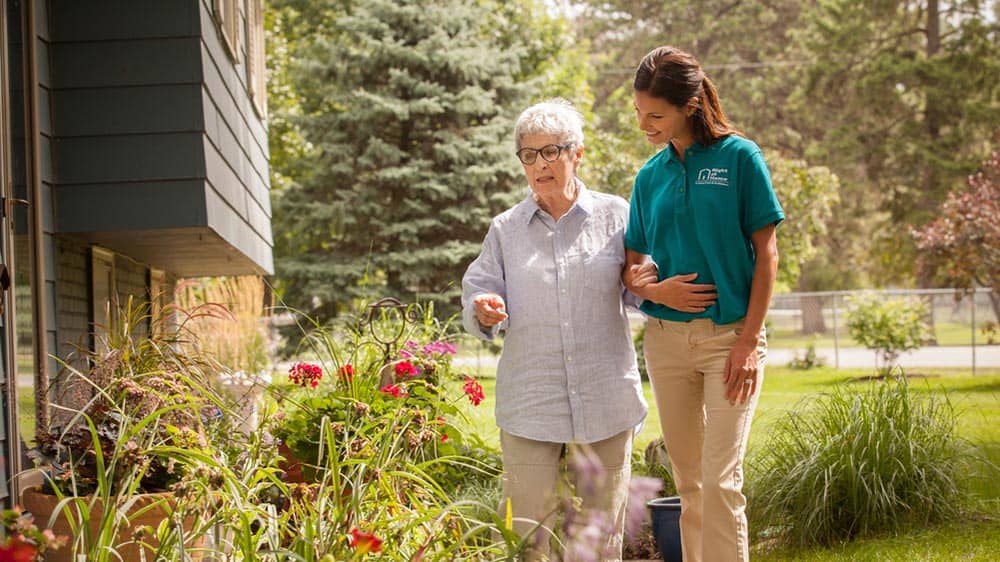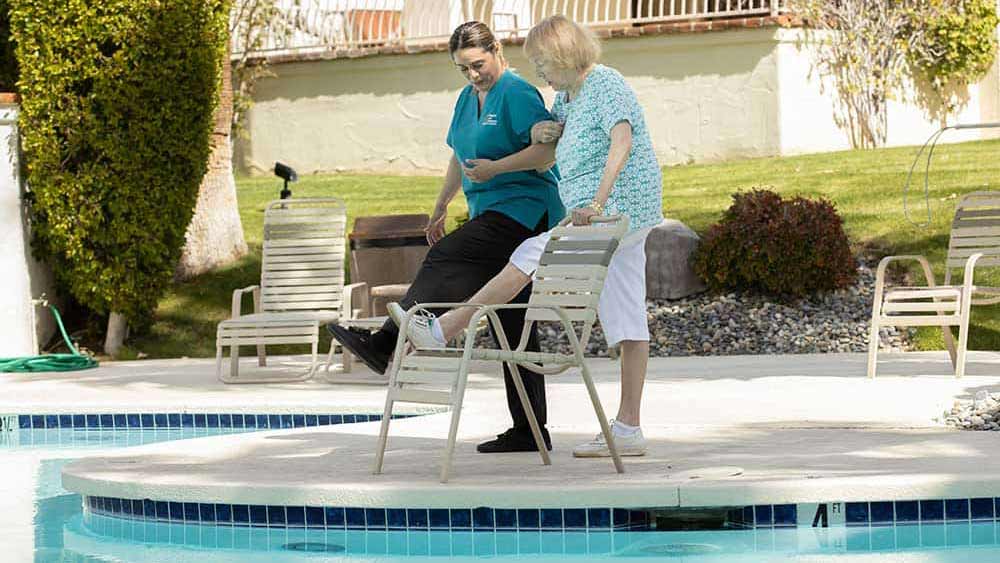

When Seniors Fall but Don’t Tell
Falls are a major concern for older adults, yet many seniors who experience a fall keep it a secret. This silence can have significant consequences, not only for the senior’s current health but also for their overall well-being. As Falls Prevention Awareness Day approaches on September 22, it’s crucial to shine a light on why this happens and what can be done to support seniors better.
Why Seniors Might Not Report Falls
The reasons an older adult might not tell anyone about a fall they’ve had include:
- Thinking the fall isn’t serious. If the fall doesn’t have immediate, severe consequences, the senior might think of it as just a minor slip that’s not worth mentioning, and as a result, they don’t tell anyone. They might not realize that a fall could be indicative of other health issues or a side effect of medication. Even if they don’t tell loved ones about the fall, they should report it to their doctor, but they often don’t.
- Fear of losing independence. Many older adults fear that admitting to a fall might lead to family members thinking they can no longer care for themselves. This fear of losing independence and possibly being moved to an assisted living community can lead them to keep quiet about their falls.
- Embarrassment. There’s often a stigma attached to falling, seen as a sign of frailty. Seniors might feel embarrassed about falling and choose not to share the incident to avoid feeling vulnerable or pitied.
The Risks of Not Reporting Falls
Falls are the leading cause of injury and injury-related deaths among adults age 65 and older. According to the Centers for Disease Control and Prevention, over 800,000 seniors are hospitalized each year because of a fall injury, often a head injury or hip fracture. Here are some risks associated with not reporting falls:
- Underlying health issues go unaddressed. A fall can be a sign of an underlying health problem, such as vision impairment, a medication side effect, or a balance disorder. Not discussing a fall can mean the issue goes undiagnosed and untreated.
- The senior is more likely to fall again. Studies have shown that not taking steps to prevent future falls often leads to more frequent and potentially more dangerous falls. Once an older adult has fallen, their chances of falling again double.
- Treatment-related costs may rise. The economic impact of falls is significant. The average hospital cost for a fall injury is over $30,000. By not addressing fall risks early, seniors may face higher medical costs down the line.
How To Encourage Communication and Prevent Falls
If you have an older loved one, talk to them openly about their health and safety in general. Do they get regular checkups? Regular checkups with health care providers can identify risk factors for falls. They might also consider going to a physical therapist or an occupational therapist who can offer personalized strategies to prevent falls.
You might also be able to help them make some simple home modifications to reduce their risk of falling. Installing grab bars, improving lighting, and removing tripping hazards are some good ways to improve safety.
However you help your older loved one, make it clear that your goal is to support their independence, not take it away. Preventing falls is not just about physical safety; it’s also about maintaining one’s dignity and self-determination.
How Right at Home Can Help
Right at Home can help you navigate the aging journey. We offer a wide range of services, including transportation to appointments, safety supervision, and help with fall prevention. Other services include a myriad of homemaking/companion and personal care services. Download our complimentary Fall Prevention Guide today, or use our location finder to contact the office nearest you and schedule a free in-home care assessment.
Interested in receiving helpful tips and information about the aging journey delivered to your email inbox? Subscribe to our monthly Caring Right at Home e-newsletter today.







